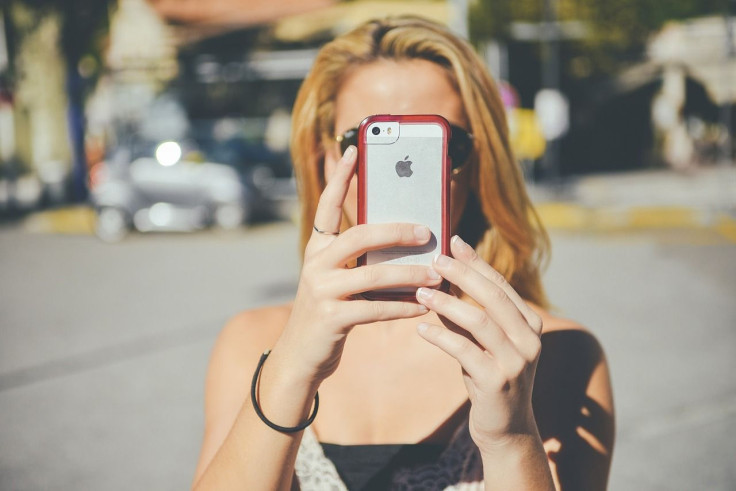Smartphones Impact On Sleep Cycle: Dangers Of Phone Screens Before Bedtime

Sleep experts have been shouting it from the rooftops, and now there is more research to back it up: Using our smartphones too much is linked to poor sleep.
A study in the journal PLoS ONE measured the smartphone screen-viewing time of hundreds of participants over a month, as well as time spent in bed and asleep. They found those who spent more time on their smartphones, especially during bedtime hours, slept fewer hours, slept less efficiently, and took more time to fall asleep. That is significant because poor sleep is often a risk factor for serious and potentially fatal medical conditions, such as obesity, diabetes and heart disease, as well as clinical depression.
“These findings cannot support conclusions on causation,” the study warns, however. “Effect-cause remains a possibility: poor sleep may lead to increased screen-time. However, exposure to smartphone screens, particularly around bedtime, may negatively impact sleep.”
The kind of bluish light smartphone screens emit can negatively affect sleep because “blue light affects levels of the sleep-inducing hormone melatonin more than any other wavelength,” Scientific American explains. People have low levels of melatonin in their bodies during the day, and the hormone’s production picks up in the evening, with its peak in the middle of the night. When blue light suppresses melatonin production at a time when the hormone should be flooding our bodies, it affects our sleep pattern.
Experts and groups like the National Sleep Foundation have been railing against people using smartphones in bed even before this study, saying those screens negatively affect sleep hygiene — the surroundings and routines of bedtime that could make or break good sleep. “These findings on actual smartphone screen-time build upon prior work based on self-report and confirm that adults spend a substantial amount of time using their smartphones,” the new study says.
The roughly 650 people used in the study downloaded a smartphone application that measured their screen time, and the app recorded an average screen time of 3.7 minutes per hour across the 30 days of the study period.
The study notes that previous research has also associated poor sleep and insomnia with the use of other screens, such as through watching television, playing video games and using computers.
Source: Christensen MA, Bettencourt L, Kaye L, et al. Direct Measurements of Smartphone Screen-Time: Relationships with Demographics and Sleep. PLoS ONE. 2016.



























